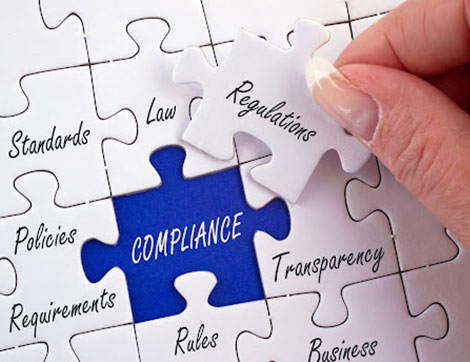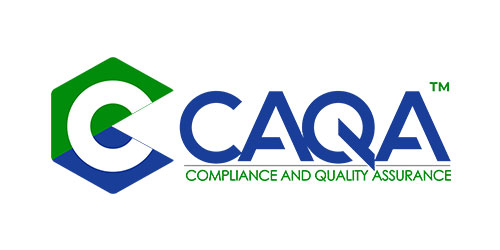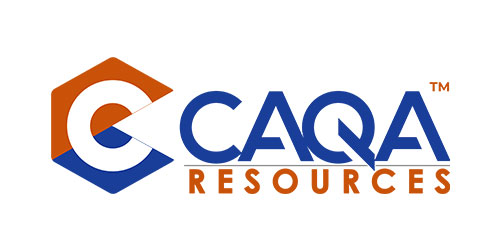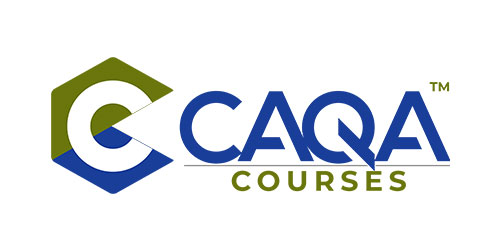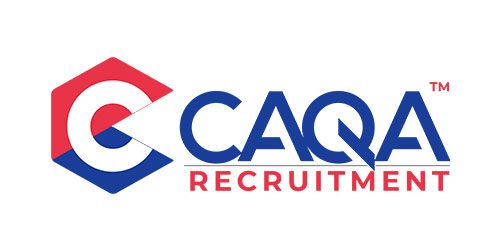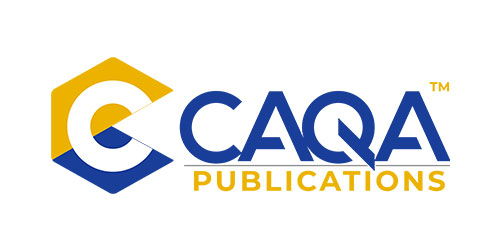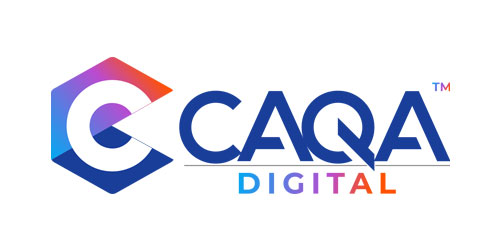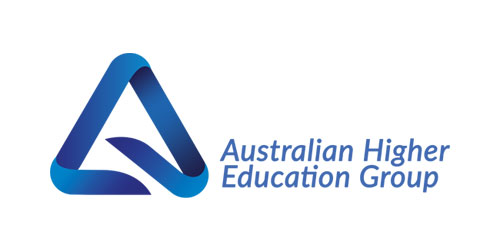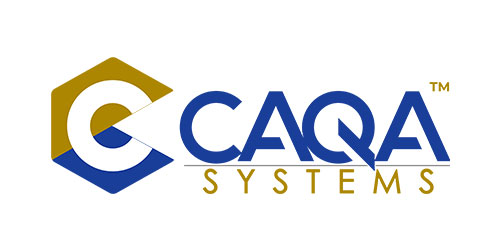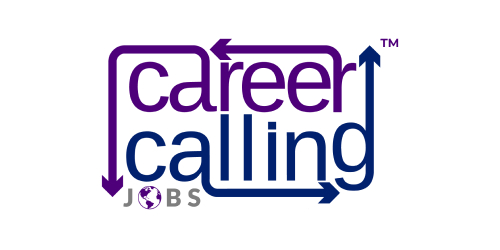
News
Auditors are expected to use their judgement when conducting an audit. However, there can be inconsistencies in how different auditors exercise their judgement, which can lead to differences in the outcome of the audit. This can be a problem if the auditor’s judgement is not based on a sound understanding of:
- What the regulatory body’s framework is
- What the best validation and audit practices in the industry are
- System-centred audit practices
- The sector or organisation being audited – This can lead to incorrect assumptions being made about how things work in practice, which can in turn lead to errors in judgement. For example, an auditor who has never worked in ECEC will not really be able to understand how things work in industry and so on.
- Knowledge about the specific requirements of the audit – This can result in key areas being overlooked, or important details being misinterpreted
- Personal biases – We all have our own personal experiences and perspectives that can influence our judgement. It is important to be aware of these biases and try to account for them when making decisions.
- Groupthink – This is a phenomenon whereby people in a group tend to conform to the opinions of the majority, even if those opinions are factually incorrect. This can lead to errors in judgement being made by the entire group.
- Confirmation bias – This is the tendency to search for, or interpret information in a way that confirms our preexisting beliefs. This can lead us to overlooking evidence that contradicts our beliefs, or misinterpret evidence that supports them.
This results in a lack of transparency and accountability in the sector.
System-centred audit practices are generally considered to be the best way to ensure consistency in judgement. This means that audits should be designed around the specific systems and processes being audited, rather than trying to fit them into a template. This allows for a more tailored and comprehensive audit, which can reduce the risk of inconsistency.
Another important factor to consider is the experience and expertise of the auditor. An experienced auditor is more likely to be able to identify inconsistencies and address them appropriately. It is also important to have a team of auditors with different areas of expertise, so that they can check each other’s work and provide a second opinion if necessary.
Finally, it is important to keep communication lines open between the auditor and the client. If there are any discrepancies in the data or information provided, these should be addressed as soon as possible. By working together, the auditor and the client can ensure that all inconsistencies are identified and resolved.
There are several factors that can contribute to inconsistencies in auditor judgement. First, different auditors may have different levels of experience and knowledge. Second, auditors may have different interpretations of regulatory standards, guidelines and requirements. And third, auditors may use different methodologies when conducting an audit.
How can these inconsistencies be addressed?
One way is for auditors to obtain a better understanding of the regulatory requirements and standards and how they can be applied to different training organisations. Another way is for auditors to use a more standardised approach when conducting an audit. This can help to ensure that all auditors are working from the same framework and using the same terminology. Finally, the regulatory body can provide ongoing professional development training for auditors on how to exercise their judgement consistently.
The auditors should educate themselves about the sector or organisation they are auditing – Before they begin the audit, make sure they understand the sector or organisation they are auditing. This will help them to avoid making incorrect assumptions about how things work in practice.
Understand the specific requirements of the audit – Before beginning the audit, auditors should make sure they understand all of the requirements that need to be met. This will help them to ensure that they do not overlook any important details.
Be aware of personal biases – We all have our own personal experiences and perspectives that can influence our judgement. It is important to be aware of these biases and try to account for them when making decisions.
Avoid groupthink – When working in a group, it is important to encourage dissenting opinions and debate. This will help to avoid the pitfalls of groupthink.
Avoid confirmation bias – When reviewing evidence, it is important to try to consider all of the evidence, not just the evidence that supports pre-existing beliefs. This will help make more objective decisions.
These are just some of the ways that inconsistencies in auditor judgement can be addressed. By taking these steps, auditors can ensure that their audits are conducted accurately and efficiently.
 1800 961 980
1800 961 980 info@careercalling.com.au
info@careercalling.com.au




